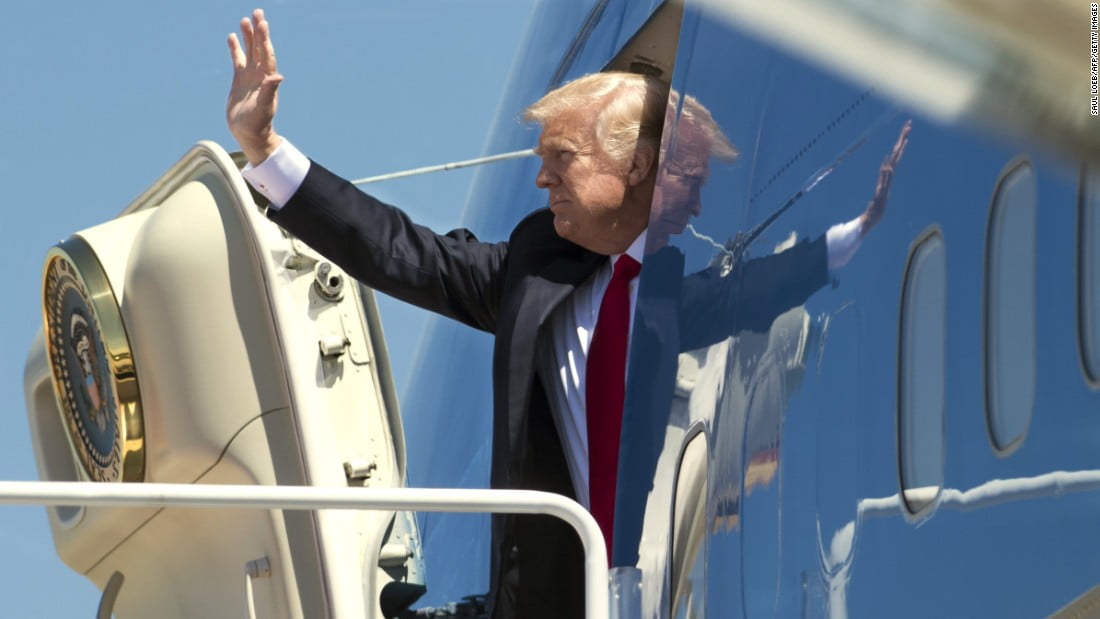By Associated Press
The World Health Organization spent nearly $192 million on tour costs in the final 12 months, with staffers every so often breaking the agency’s rules via traveling in enterprise magnificence, booking luxurious closing-minute tickets, and touring without the specified approvals, in line with internal documents received by way of The Associated Press.
The abuses may want to spook capacity donors and companions because the enterprise begins its week-length annual assembly Monday in Geneva in search of expanded aid to fight a devastating outbreak of Ebola in Congo and different lethal illnesses, including polio, malaria, and measles.
The almost $192 million is down four percent from 2017 when the organization pledged to rein in tour abuses following an A.P. investigation.
Recent documents show WHO auditors found some WHO staffers have been openly misrepresenting the reasons for their travel to exploit the most loopholes in the enterprise’s rules and fly commercial enterprise magnificence, which can be several instances more luxurious than the economy, even though they did no longer meet the criteria to achieve this.

In reaction to questions from the A.P., WHO said Monday that “tour is regularly important to accomplishing humans in want” and referred to that 55 percent of its journey spending went to bring out of doors experts and us of representatives, often from growing international locations, to technical and other conferences.
Severa’s new measures were adopted in 2018 to ensure the “body of workers journey is essential, budget-friendly, appropriate and green.”
“When personnel journey, they do a selection of things, such as responding to emergencies, assessing nations’ emergency preparedness, imposing vaccine and other public health campaigns, schooling medical experts, and more,” the business enterprise said.
However, the WHO’s inability to significantly lower its expenses ought to undermine its credibility and make raising cash to fight fitness crises harder, in line with Sophie Harman, a worldwide health professor at Queen Mary University in London. She stated the problem wasn’t the amount that WHO spent on tour but how it turned into getting used.
“WHO needs to get its house with a view to legitimately go to the worldwide network saying, ‘We need extra cash for Ebola,'” she said.
The U.N. agency is charged with placing international fitness tips and coordinating the response to health emergencies around the arena. Its annual budget of about $2 billion is particularly drawn from the taxpayer-funded contributions from international member locations. The U.S. is the WHO’s biggest contributor.
During this week’s World Health Assembly, a yearly gathering of WHO’s highest decision-making body, member states, and donors, the agency could seek to enhance extra finances for Ebola and other fitness priorities. The costs of fighting the Ebola epidemic have left it with a funding gap of more than $50 million.
In 2017, the A.P. suggested that WHO spend more or less $200 million each year on tours, consisting of quality plane tickets and 5-celebrity hotels for its director, well-known Dr. Margaret Chan, which fitness experts stated revealed the enterprise’s priorities.
Amid such a complaint, Chan’s successor, Tedros Adhanom Ghebreyesus, promised to take action. In response to A.P. questions, WHO said Monday that Tedros travels in either enterprise magnificence or economy, depending on the gap, and spent $209,000 on travel in 2018.
“WHO’s journey policy prohibits quality journey for all body of workers,” the organization stated, adding that many initiatives have helped reduce travel charges.
For a non-emergency journey, the share of commercial enterprise magnificence flights dropped to 18% closing 12 months, from 27% the preceding year, consistent with outside auditors. Yet different global resource organizations, including Doctors Without Borders and the U.S. Centers for Disease Control and Prevention, explicitly forbid personnel from traveling in enterprise magnificence.
While normal spending on travel has fallen at WHO, abuses are maintained, documents show. In one report provided to the A.P., external WHO auditors analyzed 116 randomly selected travel claims flagged as “emergency” requests and, therefore, exempt from stricter U.N. Tour controls. They found proof that during over half of the claims, the travel became alternatively for normal duties like attending workshops or speaking engagements.
“We see, therefore, a lifestyle of non-compliance by staff involved in emergency operations,” the record authors said. “Raising a (tour request) an emergency, even if it is not compliant with the standards for an emergency tour, indicates a breakdown in controls and consequences (in a) waste of assets.”
WHO’s external auditors said that while a few staffers flew commercial enterprise elegance, they didn’t meet the U.N. Criteria to do so; they did not submit office work justifying the exception.
The record stated, “Based on the distinction in ticket prices for business class and economy elegance, financial savings could have been realized with the company’s aid.” More than 500 travel requests last year could have broken the rules.
In a sequence of nameless emails despatched to WHO directors remaining year, a whistleblower alleged numerous times of “senior staff touring with girlfriends on fabricated missions,” including throughout the 2014 Ebola outbreak in West Africa. One message claimed that a senior staffer flew to Australia from Geneva “on a trumped-up go for a holiday at WHO expense”, ” which cost the company 11,000 Swiss francs ($10,889).












